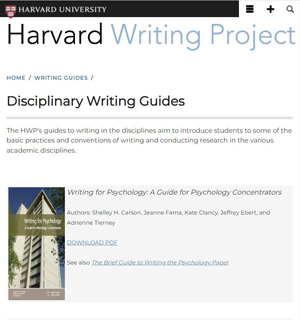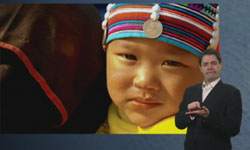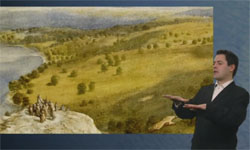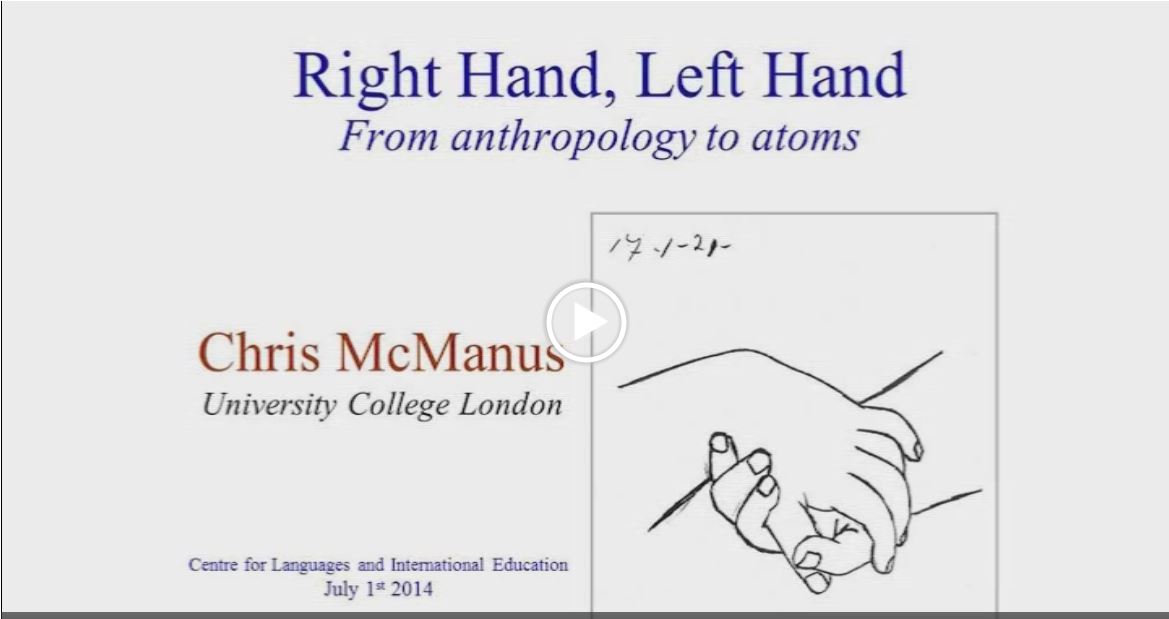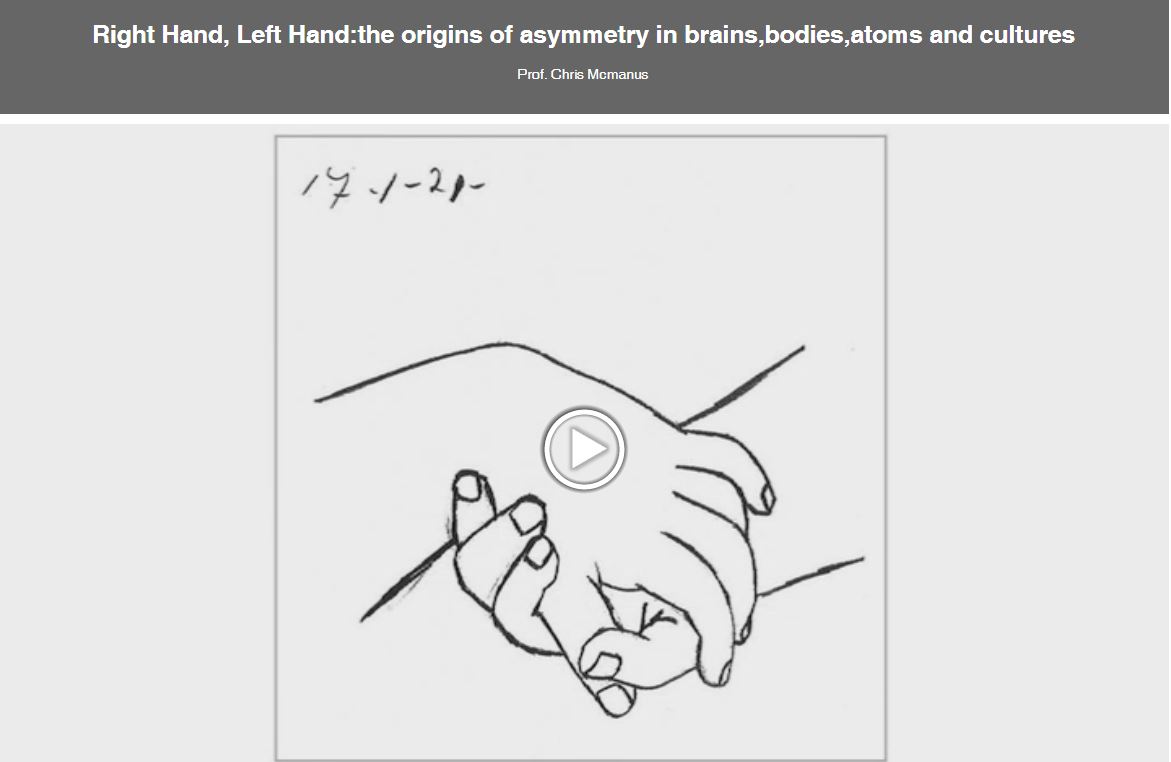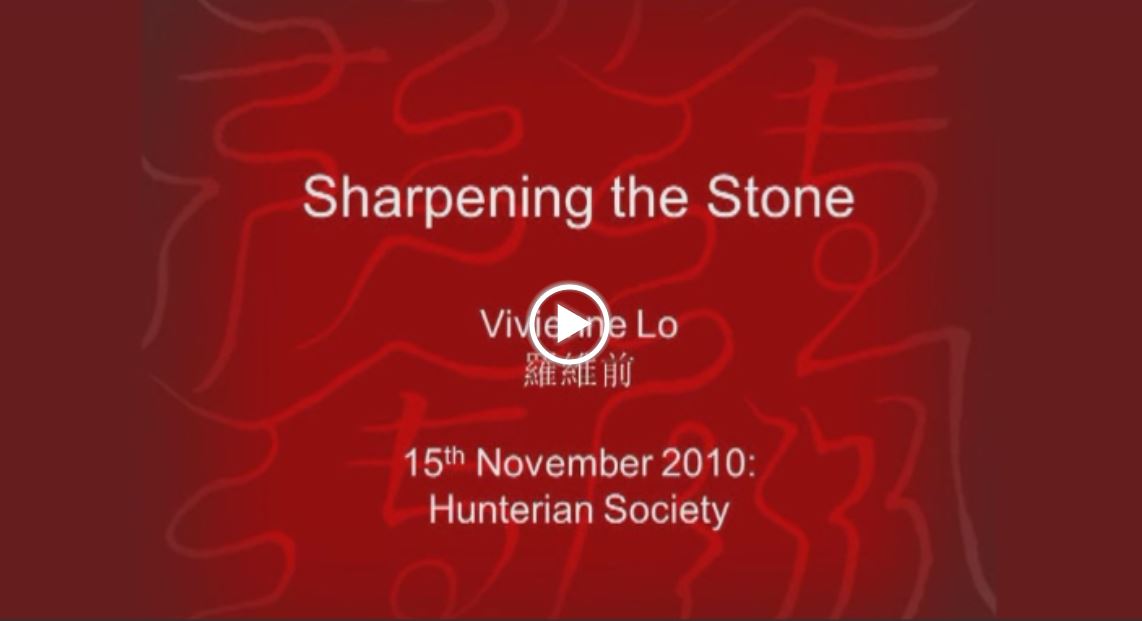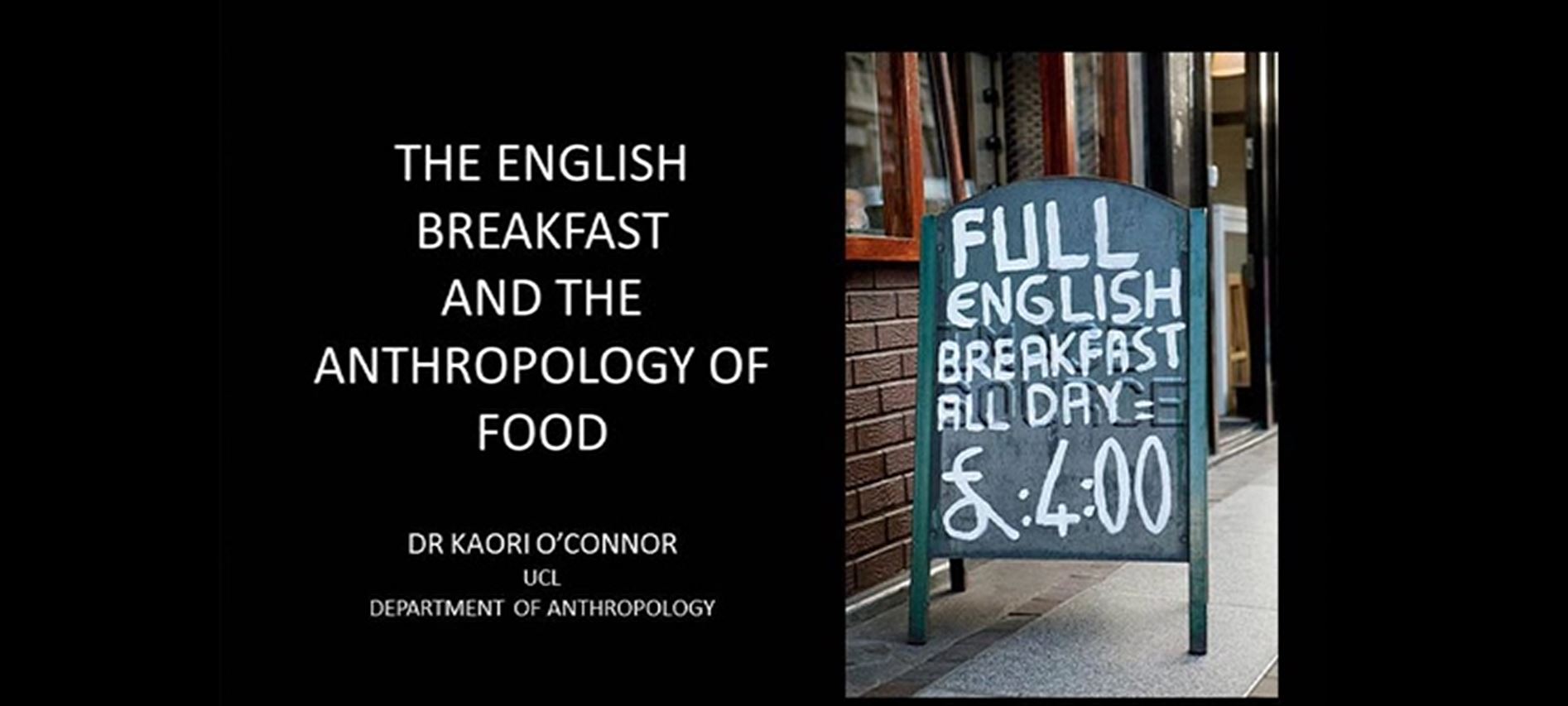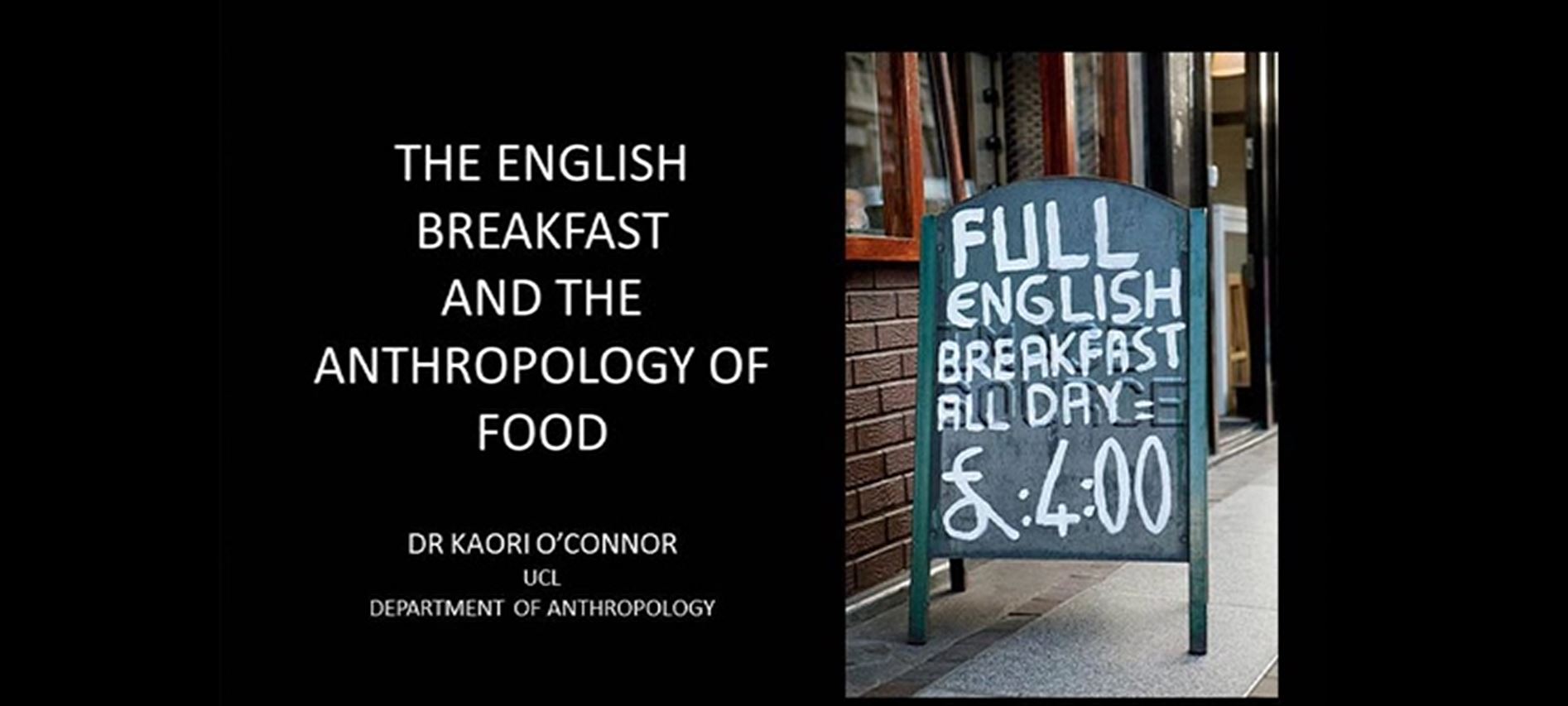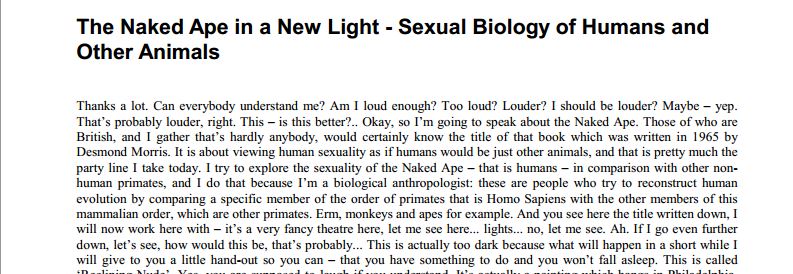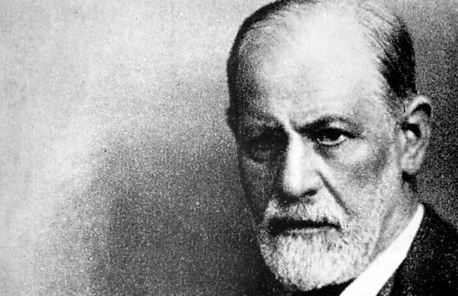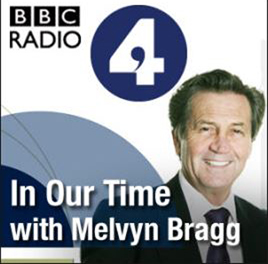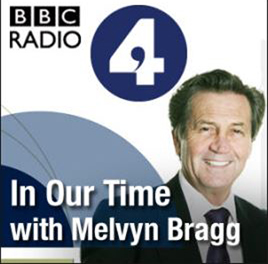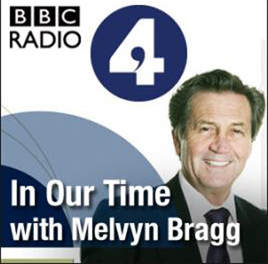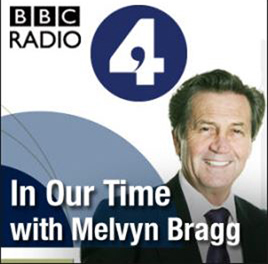Select one or more of these popular tags:
-
Example student essays
-
7 example student essays with tutor feedback in 5 different disciplines: English lit, Int. Security, Anthropology, Biomedical Science and Psychology.
7 example student essays with tutor feedback in 5 different disciplines: English lit, Int. Security, Anthropology, Biomedical Science and Psychology.
-
Harvard Writing Project
-
A collection of free downloadable pdf books explaining in detail how writing is done in different disciplines (see tags).
A collection of free downloadable pdf books explaining in detail how writing is done in different disciplines (see tags).
-
Writing in the Disciplines
-
Links to guides to writing in 24 different disciplines.
Links to guides to writing in 24 different disciplines.
In this programme, Stephen Fry explores 'the written word'. Writing is a great invention - making it possible to communicate across space and time.
- British-Sign-Language
- British-Sign-Language
- Language
- No subtitles
- 60
In this programme, Stephen Fry explores 'the written word'. Writing is a great invention - making it possible to communicate across space and time.
In this programme, Stephen Fry celebrates storytelling. It has been with us as long as language itself and as a species, we love to tell our stories.
- British-Sign-Language
- British-Sign-Language
- Language
- No subtitles
- 60
In this programme, Stephen Fry celebrates storytelling. It has been with us as long as language itself and as a species, we love to tell our stories.
-
Right Hand, Left Hand: The Origins of Asymmetry in Brains, Bodies, Atoms and Cultures
-
Prof. Chris Mcmanus , 2014
Pre-sessional Lecture 2014
- Lectures
- No subtitles
- 56
Pre-sessional Lecture 2014
-
Right Hand, Left Hand: The Origins of Asymmetry in Brains, Bodies, Atoms and Cultures
-
Prof. Chris Mcmanus , 2014
Diploma Lecture 1st December 2014
- Lectures
- No subtitles
- 54
Diploma Lecture 1st December 2014
-
Sharpening the Stone
-
Vivienne Lo , 2011
Diploma 2011
- Lectures
- Lectures
- Medical Sciences
- No subtitles
- 55
Diploma 2011
-
The English Breakfast and the Anthropology of Food
-
Dr Kaori O’Connor , 2013
Pre-sessional Lecture June 2013
Pre-sessional Lecture June 2013
-
The English Breakfast and the Anthropology of Food
-
Dr Kaori O'Connor , 2013
Diploma Lecture October 2013
- Lectures
- Anthropology
- No subtitles
- 54
Diploma Lecture October 2013
-
The Naked Ape in a New Light - Sexual Biology of Humans and Other Animals (with transcript)
-
Volker Sommer
TO BE REMOVED ?
- Lectures
- Humanities
- Lectures
- No subtitles
- 80
TO BE REMOVED ?
-
Abduction, Alienation and Reason
-
Radio 4
Not many scientists are prepared to take tales of alien abduction seriously, but John Mack, a Harvard professor who was killed in a road accident in north London last year, did. Ten years on from a row which nearly lost him his job, hundreds of people who claim they were abducted still revere him.
Not many scientists are prepared to take tales of alien abduction seriously, but John Mack, a Harvard professor who was killed in a road accident in north London last year, did. Ten years on from a row which nearly lost him his job, hundreds of people who claim they were abducted still revere him.
-
Book of the Week - Santa: A Life
-
Jeremy Seal
A meticulously researched history of the Santa Claus myth, tracing the munificent, rosy-cheeked one's journey from medieval Constantinople, through renaissance Amsterdam to his twentieth century comeback in the advertising studios of New York City.
A meticulously researched history of the Santa Claus myth, tracing the munificent, rosy-cheeked one's journey from medieval Constantinople, through renaissance Amsterdam to his twentieth century comeback in the advertising studios of New York City.
-
Book of the Week - Sound Bites
-
Alex Kapranos
In September 2005, Alex Kapranos began writing about what he ate while touring the world with the rock band Franz Ferdinand. The writing is as much about where he eats and the people he eats with as the unusual flavours he tastes on the road. Whether it's munching donuts with cops in Brooklyn, swallowing bull's balls with the band in Buenos Aires or queuing for a saveloy in South Shields, these are surprising and vivid snapshots of life on the road. Funny, poignant, sickening or sexual depending on the situation, the material, both new and previously published in the "Guardian", is fascinating and entertaining.
In September 2005, Alex Kapranos began writing about what he ate while touring the world with the rock band Franz Ferdinand. The writing is as much about where he eats and the people he eats with as the unusual flavours he tastes on the road. Whether it's munching donuts with cops in Brooklyn, swallowing bull's balls with the band in Buenos Aires or queuing for a saveloy in South Shields, these are surprising and vivid snapshots of life on the road. Funny, poignant, sickening or sexual depending on the situation, the material, both new and previously published in the "Guardian", is fascinating and entertaining.
-
Book of the Week - Suburban Shaman
-
Cecil Helman
To be a good doctor you have to be a compassionate chameleon, a shape shifter - a shaman. Even if your adaptation to your patients' world happens at an unconscious level you should always work within their system of ideas, never against it...' So writes Cecil Helman after 27 years as a family practitioner in the suburbs of North London interlaced with training and research as a medical anthropologist, comparing a wide variety of health systems. This unique combination of frontline health worker and detached academic informs the many stories that make up this fascinating book.
To be a good doctor you have to be a compassionate chameleon, a shape shifter - a shaman. Even if your adaptation to your patients' world happens at an unconscious level you should always work within their system of ideas, never against it...' So writes Cecil Helman after 27 years as a family practitioner in the suburbs of North London interlaced with training and research as a medical anthropologist, comparing a wide variety of health systems. This unique combination of frontline health worker and detached academic informs the many stories that make up this fascinating book.
-
Book of the Week - Teenage: The Creation of Youth
-
Jon Savage
In 1945, just as the war was ending, 'the teenager' arrived. This is the story of how we got to that moment - the century and a half of ferment, folly, and angst that created a separate Teen Age in Europe and America.
In 1945, just as the war was ending, 'the teenager' arrived. This is the story of how we got to that moment - the century and a half of ferment, folly, and angst that created a separate Teen Age in Europe and America.
-
Book of the Week - The Life and Times of the Thunderbolt Kid
-
Bill Bryson
Bill Bryson's first travel book opened with the immortal line, 'I come from Des Moines. Somebody had to.' In his deeply funny new memoir, he travels back in time to explore the ordinary kid he once was, and the curious world of 1950s America. It was a happy time, when almost everything was good for you, including DDT, cigarettes and nuclear fallout. This is a book about growing up in a specific time and place. But in Bryson's hands, it becomes everyone's story, one that will speak volumes - especially to anyone who has ever been young.
Bill Bryson's first travel book opened with the immortal line, 'I come from Des Moines. Somebody had to.' In his deeply funny new memoir, he travels back in time to explore the ordinary kid he once was, and the curious world of 1950s America. It was a happy time, when almost everything was good for you, including DDT, cigarettes and nuclear fallout. This is a book about growing up in a specific time and place. But in Bryson's hands, it becomes everyone's story, one that will speak volumes - especially to anyone who has ever been young.
-
Book of the Week - Utopian Dreams
-
Tobias Jones
This is a travel book, an account of the year Tobias Jones spent living in communes and amongst unusual dreamers. It is his attempt to retreat from the 'real world' - which is making him emptier and angrier by the day - and seek out the alternatives to modern manners and morality.
This is a travel book, an account of the year Tobias Jones spent living in communes and amongst unusual dreamers. It is his attempt to retreat from the 'real world' - which is making him emptier and angrier by the day - and seek out the alternatives to modern manners and morality.
-
Defining the Decade: A Googling We Go
-
Edward Stourton
Edward Stourton tries to make sense of a decade in which history has been put on fast forward. There has been a revolution in the way we communicate, widespread alarm about the planet's very survival and a challenge to the world order. What does it mean for the way we live as we head into 2010? The impact of the internet - dreamt up by visionaries, embraced by commerce and full of (not always welcome) surprises.
Edward Stourton tries to make sense of a decade in which history has been put on fast forward. There has been a revolution in the way we communicate, widespread alarm about the planet's very survival and a challenge to the world order. What does it mean for the way we live as we head into 2010? The impact of the internet - dreamt up by visionaries, embraced by commerce and full of (not always welcome) surprises.
-
Freudian Slips - 01 Sexual Aberrations
-
Sigmund Freud
Written in 1905, Freud's groundbreaking 'Three essays on the theory of sexuality' is one of the pillars on which modern psychoanalysis rests. In the first of these essays, 'Sexual Aberrations' Freud unravels the complex diversity of human desire. Lisa talks to author, Kathy Lette to find out why fetishism isn't too far from shopping and she meets writer and psychoanalyst, Adam Phillips to find out why Freud thought the sexual instinct is such an irresistible force.
Written in 1905, Freud's groundbreaking 'Three essays on the theory of sexuality' is one of the pillars on which modern psychoanalysis rests. In the first of these essays, 'Sexual Aberrations' Freud unravels the complex diversity of human desire. Lisa talks to author, Kathy Lette to find out why fetishism isn't too far from shopping and she meets writer and psychoanalyst, Adam Phillips to find out why Freud thought the sexual instinct is such an irresistible force.
-
Freudian Slips - 02 Infantile Sexuality
-
Sigmund Freud
The second of Freud's 'Three essays on the theory of sexuality' is his ground breaking and shocking exploration of the relationship between children and their parents. In 'Infantile Sexuality' Freud outlines why our experiences and frustrations in childhood form the basis for our adult neuroses. Lisa Appignanesi talks to psychoanalysts and writers to find out how Oedipus lives on today.
The second of Freud's 'Three essays on the theory of sexuality' is his ground breaking and shocking exploration of the relationship between children and their parents. In 'Infantile Sexuality' Freud outlines why our experiences and frustrations in childhood form the basis for our adult neuroses. Lisa Appignanesi talks to psychoanalysts and writers to find out how Oedipus lives on today.
-
Freudian Slips - 03 Transformations of Puberty
-
Sigmund Freud
In The last of Freud's essays on sexuality he explains why the troubled adolescent has to relive childhood in a bid to leave home. Lisa talks to psychoanalysts working today to find out how the struggles of adolescence have changed over the course of hundred years. She also talks to writer, Sue Townsend to find out what inspired her to write about teenager Adrian Mole and what Freud might have made of him, now, aged 38 and 3/4.
In The last of Freud's essays on sexuality he explains why the troubled adolescent has to relive childhood in a bid to leave home. Lisa talks to psychoanalysts working today to find out how the struggles of adolescence have changed over the course of hundred years. She also talks to writer, Sue Townsend to find out what inspired her to write about teenager Adrian Mole and what Freud might have made of him, now, aged 38 and 3/4.
Fragment of an Analysis of a Case of Hysteria' is Freud's first great case history. Dora was brought to Freud for analysis by her father because of hysterical symptoms and threatened suicide. Dora rejected Freud's interpretations and fled before her treatment was over. Why did she leave and what did Freud learn from his apparent failure? Lisa talks to psychoanalyst and writer, Susie Orbach to find out why 'Dora' would lead to the invention of one of psychoanalysis's most important tools.
Fragment of an Analysis of a Case of Hysteria' is Freud's first great case history. Dora was brought to Freud for analysis by her father because of hysterical symptoms and threatened suicide. Dora rejected Freud's interpretations and fled before her treatment was over. Why did she leave and what did Freud learn from his apparent failure? Lisa talks to psychoanalyst and writer, Susie Orbach to find out why 'Dora' would lead to the invention of one of psychoanalysis's most important tools.
The Joke Book. In 'Wit and its relation to the Unconscious' Freud explained why the joke, like the dream provides a unique window into the unconscious. Lisa talks to comic Arnold Brown and therapist turned comedian Inder Manocha, to find out what drives the urge to make others laugh. She also talks to psychoanalysts David Bell to find out why we laugh, why we give ourselves away by our jokes and asks if there is a place for humour on the therapist's couch.
The Joke Book. In 'Wit and its relation to the Unconscious' Freud explained why the joke, like the dream provides a unique window into the unconscious. Lisa talks to comic Arnold Brown and therapist turned comedian Inder Manocha, to find out what drives the urge to make others laugh. She also talks to psychoanalysts David Bell to find out why we laugh, why we give ourselves away by our jokes and asks if there is a place for humour on the therapist's couch.
-
Great Lives - Captain James Cook
-
Greg Dyke
James Cook is one of Britain's foremost explorers. His three voyages to the Pacific added greatly to the fields of navigation, anthropology and biology. His aim was to go, "farther than any man has been before me, but as far as I think it possible for a man to go".
James Cook is one of Britain's foremost explorers. His three voyages to the Pacific added greatly to the fields of navigation, anthropology and biology. His aim was to go, "farther than any man has been before me, but as far as I think it possible for a man to go".
-
In Our Time - Babylon
-
Melvyn Bragg
Six thousand years ago, between the Tigris and the Euphrates, the first cities were being built. The great empire to spring from the region was Babylon, which held sway for over a thousand years and in that time managed to garner an extraordinarily bad press: it’s associated with the Tower of Babel, with Nineveh where Jonah is sent to preach repentance and, perhaps most famously, with “Mystery, Babylon the Great, the Mother of Harlots and Abominations of the Earth” - the whore of Babylon, who in Revelation is taken to personify the city itself. It’s not just the Bible; Herodotus described the Babylonians as effeminate, lascivious and decadent as well.
Six thousand years ago, between the Tigris and the Euphrates, the first cities were being built. The great empire to spring from the region was Babylon, which held sway for over a thousand years and in that time managed to garner an extraordinarily bad press: it’s associated with the Tower of Babel, with Nineveh where Jonah is sent to preach repentance and, perhaps most famously, with “Mystery, Babylon the Great, the Mother of Harlots and Abominations of the Earth” - the whore of Babylon, who in Revelation is taken to personify the city itself. It’s not just the Bible; Herodotus described the Babylonians as effeminate, lascivious and decadent as well.
-
In Our Time - Childhood
-
Melvyn Bragg
Melvyn Bragg and guests discuss childhood. The 20th Century was proclaimed the Century of the Child. It has been much else but in the western world the position, the possibilities, the meaning and the story of childhood have been changed, for many, monumentally
Melvyn Bragg and guests discuss childhood. The 20th Century was proclaimed the Century of the Child. It has been much else but in the western world the position, the possibilities, the meaning and the story of childhood have been changed, for many, monumentally
-
In Our Time - Memory and Culture
-
Melvyn Bragg
With Professor Malcolm Bowie, Marshall Foch Professor of French Literature at Oxford University and Director of Oxford’s European Humanities Research Centre; Dr Nancy Wood, Chair of Media Studies, University of Sussex and author of Vectors of Memory.
With Professor Malcolm Bowie, Marshall Foch Professor of French Literature at Oxford University and Director of Oxford’s European Humanities Research Centre; Dr Nancy Wood, Chair of Media Studies, University of Sussex and author of Vectors of Memory.
-
In Our Time - Prayer
-
Melvyn Bragg
With Professor Russell Stannard, physicist, religious writer and author of The God Experiment; Andrew Samuels, Jungian analyst and Professor of Analytical Psychology, University of Essex.
With Professor Russell Stannard, physicist, religious writer and author of The God Experiment; Andrew Samuels, Jungian analyst and Professor of Analytical Psychology, University of Essex.
-
In Our Time - Progress
-
Melvyn Bragg
Melvyn Bragg and guests discuss progress. As man has grown in years and knowledge, has he also progressed in terms of happiness and a true understanding of the human condition?
Melvyn Bragg and guests discuss progress. As man has grown in years and knowledge, has he also progressed in terms of happiness and a true understanding of the human condition?


